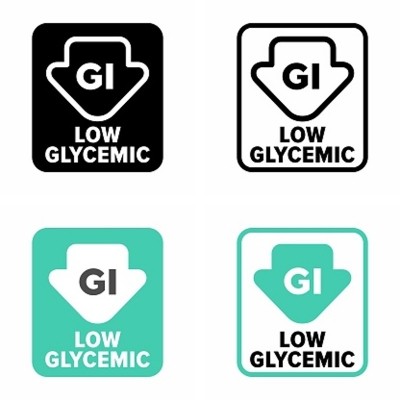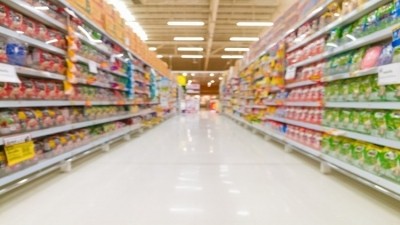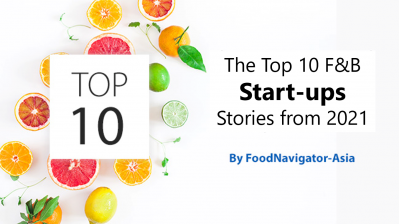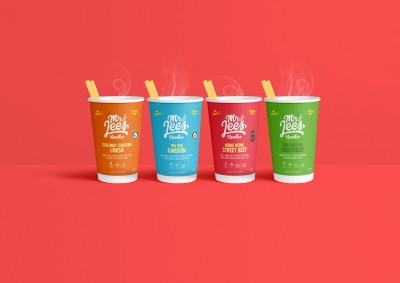Resolve to dissolve: Hong Kong’s Invisible Company aims to replace supermarket flat top plastic bags with water-soluble solution
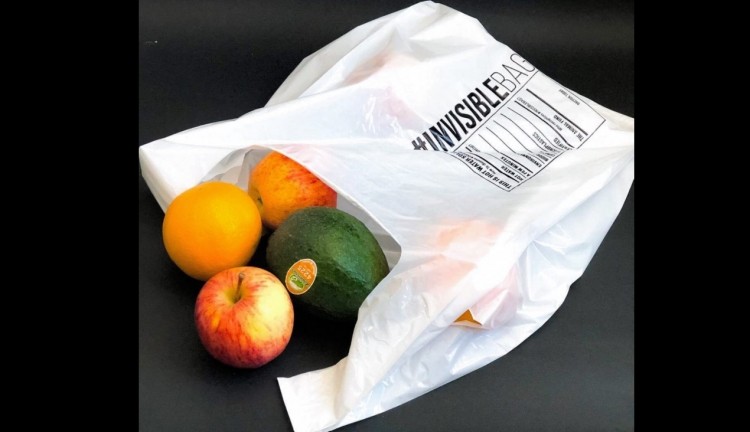
Currently, Hong Kong has a plastic levy scheme for shopping bags, but flat top plastic bags are excluded.
Invisible Company has previously created a water-soluble, plastic-free and biodegradable solution that is used across a range of sectors, including packaged and dried food brands, but it is now striving to make a version that is suitable for fresh products.
It is working with researchers in Hong Kong, and entering discussions with supermarkets, to ensure they are food-grade compliant, as well as being biodegradable and compostable.
Sustainable bag
Branded as INVISIBLEBAG, the bags are made from a combination of Polyvinyl Alcohol (PVA), starch, glycerin and water. PVA is a water-soluble and biodegradable synthetic polymer used in medicine capsules and laundry detergent pods.
Invisible Company said the bags can be dissolved in cold, room temperature or hot water, the higher temperature, the faster the dissolve rate.
This waste can be poured down the drain as with any other waste, and treated at the sewage plant.
It will be consumed by microorganisms and break down to carbon dioxide and water, leaving no harmful residue behind.
The bags are a solid barrier to oil, grease, chemical, aroma, gas and organic solvents, and can carry up to 4kg in the case of the shopping bags.
Hong Kong partners
Since its launch last year, the firm has more than 450 clients in Hong Kong and abroad, and has sold 1.5 million bags.
The clients include retailers, restaurants, fashion brands and e-commerce players.
In Hong Kong, it works with beauty and lifestyle retailer Monoyono, low caffeine coffee brand .3 coffee and Green Price, a retailer in Hong Kong that specialises in surplus and short-dated products ranging from food, health, beauty and household.
It also offers B2B services by customising packaging for corporate clients such as plant-based retailer Green Common, for its Christmas hamper.
In addition, Invisible Company operates its own online store where individuals can buy the bags separately.
According to co-founder Devana Ng, the bags can also be reused as many times, as long as it is not in direct contact with water.
The key technical challenge that has to be overcome to ensure they can create a food-grade option for fresh products is mitigating the presence of any moisture.
Food packaging
Invisible Company has clients in UK, Taiwan, Portugal and Colombia. Most of its clients are from the e-commerce, retailer and garment industries. About 25% are customers in the food sector.
In countries with high humidity, Ng assured that the invisible bag is still able to hold its tensile strength.
“It will not affect the function of the bag, but rather the appearance. The humidity may result in crinklier bags, but once it’s dry, it will return to the original state.”
The firm has plans to expand to US, Russia and Japan, and is also working on e-commerce packaging for fragile items.
